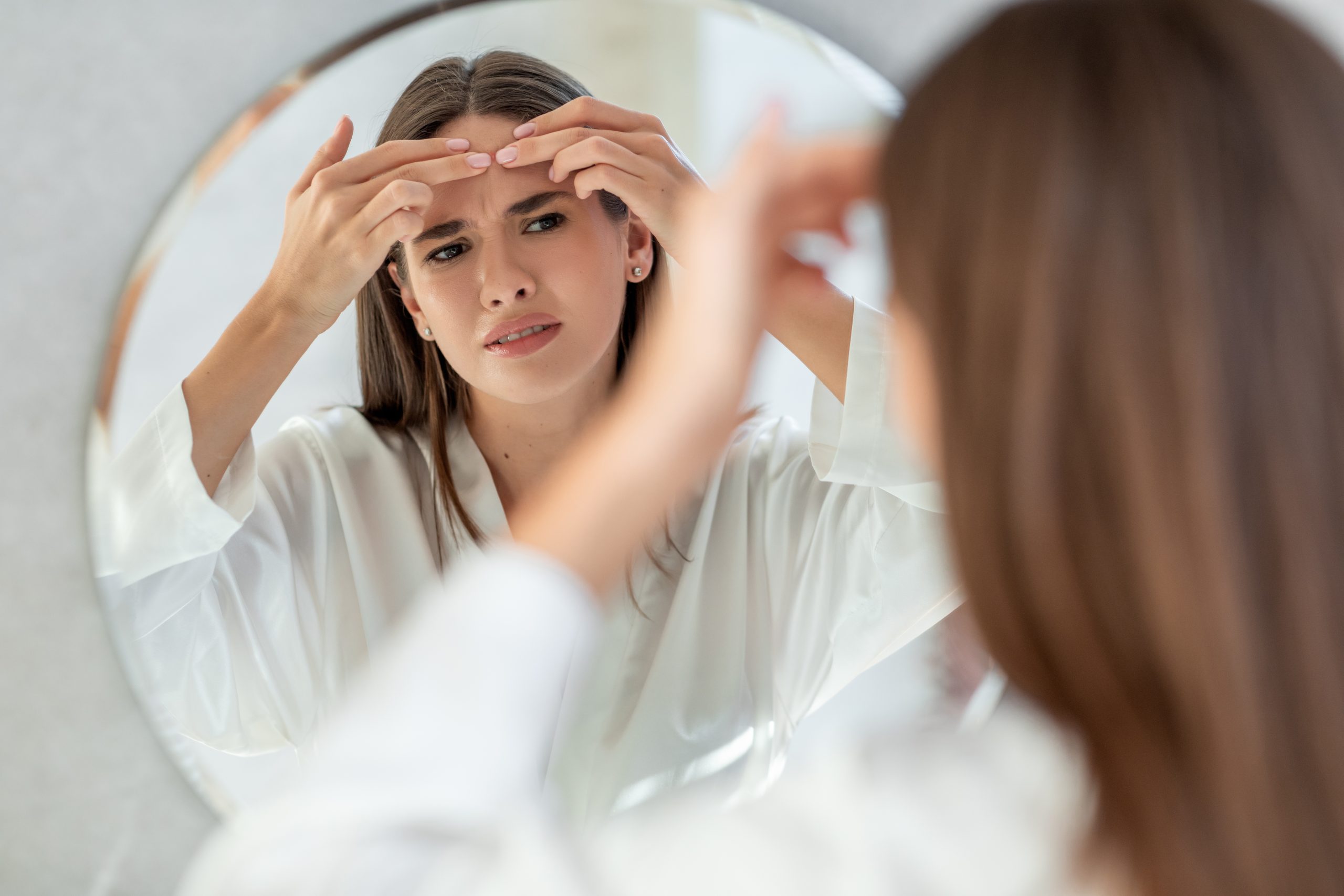Stress doesn’t just affect your mind and body—it also takes a toll on your skin. When you’re stressed, your body releases hormones like cortisol that can trigger a range of skin issues, from acne to premature aging. Understanding the link between stress and skin health is the first step to managing its effects. In this article, we’ll explore how stress impacts your skin and share practical tips to keep your complexion healthy and vibrant.
How Stress Affects Your Skin
Triggers Acne and Breakouts
Stress increases cortisol levels, which stimulates oil production in your skin, leading to clogged pores and breakouts.- Causes Dryness and Irritation
Stress can disrupt your skin’s natural barrier, reducing its ability to retain moisture and making it more prone to dryness and irritation. - Accelerates Aging
Chronic stress generates free radicals that break down collagen and elastin, causing wrinkles and sagging skin. Worsens Preexisting Conditions
Conditions like eczema, psoriasis, and rosacea can flare up or worsen under stress.
Signs Your Skin Is Affected by Stress
- Increased acne or breakouts, even if you don’t normally have oily skin.
- Persistent dryness or flaky patches despite regular moisturizing.
- Dull, lackluster complexion with uneven tone.
- Fine lines, wrinkles, or sagging skin appearing earlier than expected.
Tips to Manage Stress for Healthier Skin
Practice Stress-Relief Techniques
Incorporate activities like yoga, meditation, or deep breathing into your daily routine to lower stress levels and promote skin health.- Maintain a Consistent Skincare Routine
Use gentle cleansers, hydrating moisturizers, and sunscreen daily to protect your skin from stress-induced damage. Eat a Balanced Diet
Consume foods rich in antioxidants, vitamins, and omega-3s, like leafy greens, berries, and salmon, to combat stress-related skin issues.Stay Hydrated
Drinking enough water helps flush toxins from your body and keeps your skin hydrated and plump.- Get Adequate Sleep
Sleep allows your body to repair and rejuvenate, reducing the effects of stress on your skin. Aim for 7–9 hours of quality sleep each night.
Myths About Stress and Skin Health
Myth 1: Stress Only Affects the Mind
Stress manifests physically, often impacting the skin more visibly than any other organ.- Myth 2: Expensive Skincare Products Can Reverse Stress Damage
While good skincare helps, addressing the root cause—stress—is key to long-term skin health.
Myths About Antioxidants
- Myth 1: Antioxidants Are Only for Mature Skin
Antioxidants benefit all ages by preventing early signs of aging and protecting skin from environmental stressors. - Myth 2: Natural Ingredients Are Always Better
While natural antioxidants like green tea are effective, synthetic options like ascorbic acid can provide equally powerful benefits.
Conclusion: Protect Your Skin by Managing Stress
Stress doesn’t just affect how you feel—it shows on your skin. By managing stress through mindfulness, maintaining a healthy lifestyle, and using gentle skincare products, you can minimize its impact and keep your complexion radiant and healthy. Prioritize stress management today to protect your skin for a glowing tomorrow!


